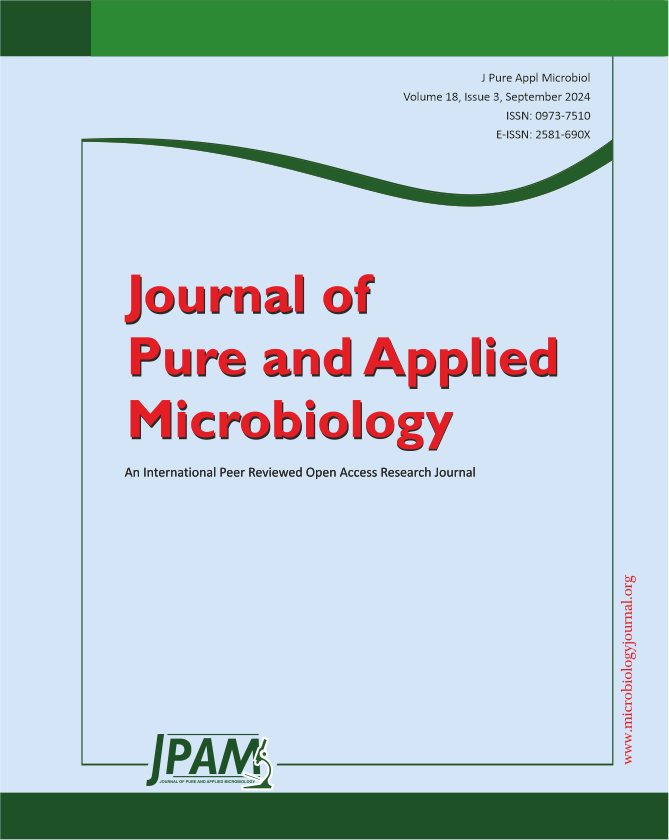Methicillin-resistant Staphylococcus aureus (MRSA) mastitis poses a significant threat to dairy herds worldwide, given its resistance to methicillin and other β-lactam antibiotics, which often leads to treatment failure. Consequently, there is an urgent need for safe and effective alternative therapeutic approaches. Recent investigations have highlighted the potential of baicalein, a natural flavonoid known for its potent anti-inflammatory and antibacterial properties, especially its synergistic effects with β-lactam antibiotics against MRSA. However, the limited solubility and bioavailability of baicalein hinder its biomedical utility. The present study assessed the therapeutic efficacy of encapsulated baicalein in chitosan, forming a tricomplex with a β-lactam antibiotic, using a murine model of MRSA-induced mastitis. The experimental design comprised seven groups, each consisting of six mice. We evaluated the ability of various treatment regimens to mitigate histopathological alterations and bacterial burden induced by MRSA infection, aiming to elucidate underlying mechanisms. Our results revealed that tricomplex treatment significantly reduced bacterial load in mammary tissue and preserved tissue integrity, resulting in decreased inflammatory responses post-MRSA inoculation. In addition, tricomplex treatment markedly reduced mean leukocyte and neutrophil counts in blood and suppressed the matrix metalloproteinase-9 (MMP-9) concentration and C-reactive protein (CRP) response. Notably, the synergistic interaction between baicalein and amoxicillin was particularly pronounced. Our findings suggest that chitosan-encapsulated baicalein combined with a β-lactam antibiotic holds promise as a therapeutic option for MRSA-induced mastitis. Further investigations, particularly in target animal species, are warranted to comprehensively evaluate its clinical feasibility.
Baicalein, Antibacterial activity, Mastitis, Antibiotic resistance, Encapsulation, β-lactam antibiotic
© The Author(s) 2024. Open Access. This article is distributed under the terms of the Creative Commons Attribution 4.0 International License which permits unrestricted use, sharing, distribution, and reproduction in any medium, provided you give appropriate credit to the original author(s) and the source, provide a link to the Creative Commons license, and indicate if changes were made.


